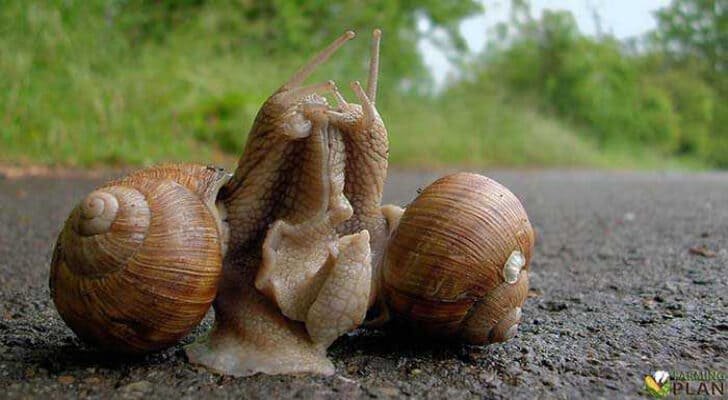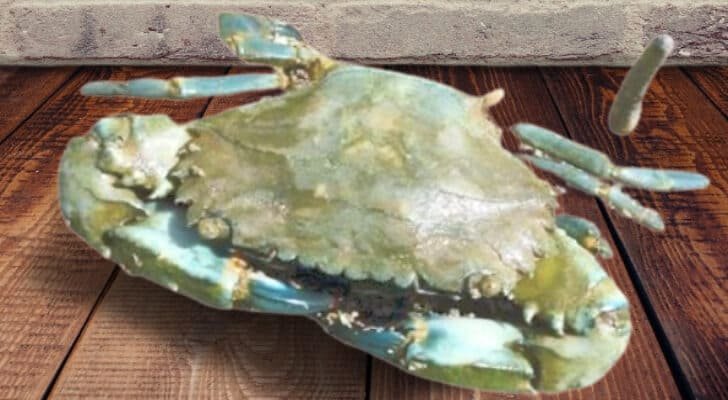Crocodile Farming in Africa is a great contribution to the fur market. Today around 30 countries are export crocodile skin, reaching one million skins per year. The crocodiles that inhabit this continent produce very soft skins, a characteristic that is ideal in some countries. The European and Asian continents are the main ones that acquire this skin. But with the variable that in Europe they look for this skin to produce it in fashion companies. While in Asia they produce pieces of leather, but in the informal market.
The Crocodile is an ancient creature that has been around on Earth for over 180 million years. Crocodiles are reptiles and are closely related to other prehistoric animals such as turtles, dinosaurs, and snakes. Crocodiles live in freshwater environments like swamps, lakes, and rivers across the world. Crocodile farming in Africa is a major contributor to the global luxury market for designer handbags, shoes, belts, and other leather accessories. Currently, over one million crocodile skins are traded on the international market every year, exported legally from about 30 countries across the world. In Africa, Zimbabwe, Zambia, and South Africa are the largest operators of crocodile farms and producers of crocodile skins. The Nile Crocodile

Impact of Crocodile Farming in Africa
Year after year the business of crocodile breeding in Africa grows and this is because this country is excellent in the export of crocodiles. Today there are more than 50 farms that produce these animals, they grow in the south of the African continent. A year less than 100 thousand skins are exported, however, the product produced by this region is of good quality and with a high monetary value.
The value will also depend on which countries they export to. In general, the European continent is the best paid and this is because they look for quality there. The leather is very sought after to make leather utensils, such as belts, wallets, shoes among others. Although Crocodile farming in Africa is a business that economically is profitable.
It is something that can not be taken lightly since it requires years, investment, and people trained in the area. The results are not seen immediately, but with the passage of time. But the business model that operates in South Africa is profitable. Another characteristic is that it is legal since the companies that carry out this business have the necessary permits to be able to execute it.
Why has the marketing of crocodiles been expanded?
The main uses that are given to the crocodile are the production of meat. As well as the production of its meat. Although it is also used to make medicinal products with blood, bones, and fat. And other more rudimentary uses are the teeth, legs, and even the skull, as items for tourists. The Asian continent is the main consumer of crocodile meat, also they implement it in dishes, they also use it as medicine.
Estimates have been made and the growth of crocodile exports is around 8 and 10%. One of the main breeds that make up the African market is the Nile crocodile. There are farms that have around 50,000 species, and per year they sacrifice at least 10% of the population. And this they do to produce, and they also keep a high number of individuals. In general, the breeders keep their population looking for eggs that are outdoors and then produce them and take care of them as soon as they are born.
In this way, they guarantee that the species they have been bred in captivity. And at the beginning, every breeder does what he does is to keep the crocodiles with animals that die on the farms. In this way, they feed the crocodiles with chickens and sheep, or with any animal that is being raised, and that serves to feed. However, for farms with a high number of species on their farms they have to generate at least 6.000 kg. Of food for crocodiles.
Regulation
Although the African continent is one of the big exporters of crocodiles worldwide. It also has a legal framework that protects the species. That is why only species that have been bred in captivity and that meet certain characteristics can be exported and commercialized. The species that are raised in the wild do not meet the criterion of having good quality skins.
And therefore have no monetary value. Such a condition made the unjustified hunting of wild crocodiles diminished to the minimum, avoiding extinction at some point. That is why the farms that sell accounts with permits, both to produce and to export the species. You may also like to read Crocodile farming techniques
Advantages for Breeders
Because crocodile meat is not as driven in the market, breeders trade a certain percentage of the meat of the species. The rest of the meat does is fed the crocodiles that are not slaughtered, as long as the meat is fresh. The main reason is that the crocodiles are carnivorous, so there is no harm in feeding them with the same species.
Features
Because crocodiles are cold-blooded, breeders must keep the habitat of the species under control. So the temperature of the environment can not vary. Because if it varies by a few degrees this would influence the metabolism of the crocodiles, making it slower. And in turn, generating losses for farmers because the species would not grow or increase enough weight. The species they produce in Africa reach sexual maturity at 3 years of age. Also that the number of eggs produced by females is around 40 to 45 eggs per year. And they produce them only once a year for the fourth quarter of the year.
Advantages of Crocodile Farming in Africa
In this geographical area, crocodiles live which are of good quality. In addition, the Nile crocodile adapts perfectly to live in captivity. So if there are wild species, eggs are sought and raised under the captivity mode. You may also like to read Nile Crocodile Farming
A crocodile is a reptile and one of the oldest species on Earth. It is also a valuable asset to Africa’s economy because it provides employment for locals, boosts tourism in certain countries, and its meat can be exported overseas to provide protein for consumers. The article below will explore how this ancient animal has become such an important part of many African communities.
FAQ
How does crocodile farming work in Africa?
Crocodile farming in Africa is a relatively new industry that has grown rapidly in the past few decades. It involves breeding, raising, and harvesting crocodiles for their meat and skins. The process begins with collecting eggs from wild crocodiles or buying them from other farms. The eggs are then incubated and hatched in controlled environments to ensure the highest quality of young crocodiles. Once the young crocodiles reach a certain size, they are transferred to larger pens where they can grow until they reach maturity.
What are the benefits of crocodile farming?
Crocodile farming can provide a variety of benefits. Firstly, it can provide an alternative source of income for farmers, who may be able to generate more money than they would from traditional agricultural activities. Additionally, crocodile farming can help to protect wild populations of crocodiles by providing a sustainable source of skins and meat. This means that fewer wild animals need to be hunted for these products, helping to preserve the species in their natural habitat. Finally, crocodile farming also has environmental benefits as it reduces the need for environmentally-harmful practices such as overfishing or hunting in protected areas. By providing an alternative source of food and materials, crocodile farming can help to reduce the pressure on wild populations and their habitats.
How does crocodile farming impact the environment?
Crocodile farming can have both positive and negative impacts on the environment. On the positive side, it can help preserve wild crocodile populations by providing an alternative source of skins to meet consumer demand. This reduces the need to hunt wild crocodiles, which helps conserve their numbers in the wild.
Conclusion
Both the geographical condition and the species that are raised in that area are beneficial for the commercial production of the crocodile. Africa is known to be an excellent exporter worldwide and of good quality. What makes that region produce and maintain at the economic level. Although the investment expenses are high, having so many crocodile individuals on a farm, yields good results. Thanks For Reading!
As a reference: Wikipedia


